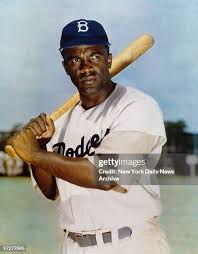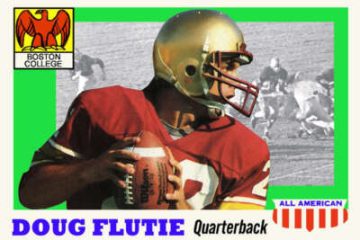The Impact of Jackie Robinson on Baseball and Society

Introduction
Jackie Robinson, an iconic figure in American sports history, is renowned for breaking Major League Baseball’s color barrier in 1947. His courageous entry into the league not only transformed baseball but also played a crucial role in the broader civil rights movement. Robinson’s legacy continues to resonate today, emphasizing the ongoing struggle for equality and justice in sports.
The Historic Debut
On April 15, 1947, Jackie Robinson made his debut as a Brooklyn Dodger against the Boston Braves. This groundbreaking moment marked the end of an era where African Americans were barred from playing in the major leagues due to existing segregation laws and racial discrimination. Robinson faced intense scrutiny, with fans and players opposing his presence but he showcased immense talent, determination, and grace under pressure. Over his ten-year career, he earned six All-Star selections and was named the National League Most Valuable Player (MVP) in 1949.
Significant Contributions
Robinson’s impact extended beyond the baseball diamond. By succeeding in a predominantly white sport, he challenged the status quo and inspired countless African Americans to fight for their rights across different sectors of society. His involvement in the civil rights movement further solidified his status as a transformational figure. In 1962, he became the first African American inducted into the Baseball Hall of Fame, a testament to his skill and the doors he would open for future generations of athletes.
Enduring Legacy
Jackie Robinson’s legacy is celebrated annually on April 15, known as Jackie Robinson Day, when all players in Major League Baseball wear his iconic number 42. This act serves not only to honor Robinson’s achievements but also to promote the values of respect, equality, and diversity within the sport. Furthermore, Robinson’s story has been adapted into various forms of media, including books and films, further solidifying his status as a cultural icon and a hero of the civil rights movement.
Conclusion
Jackie Robinson’s influence transcends the realm of baseball. His relentless fight against racial discrimination and his exemplary character continue to inspire new generations advocating for social justice. As America reflects on racial inequalities, Robinson’s story serves as a reminder of the progress that can be achieved through courage and persistence. His commitment to equality has left an indelible mark on both sports and society at large, signifying that the struggle for equality remains as relevant today as ever.









